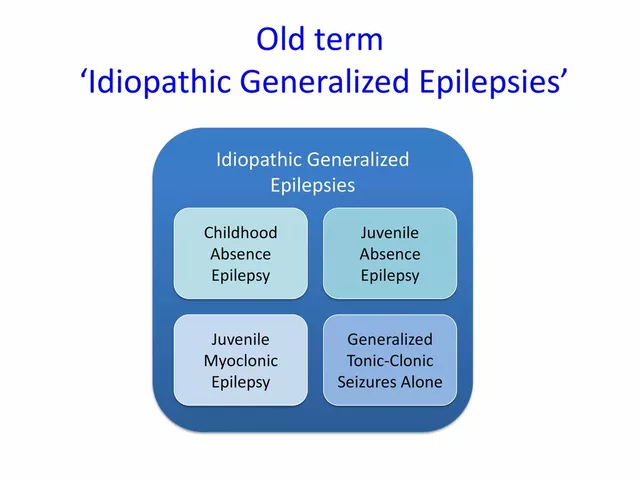Ranitidine alternatives: safe options you can trust
If you were taking ranitidine for heartburn or ulcers, the recent recalls probably left you wondering what to use instead. You don’t have to stay stuck with a medication that’s been pulled from shelves. Luckily there are several proven acid‑reducing drugs that work just as well – many of them you can buy over the counter.
Top over‑the‑counter picks
Famotidine (Pepcid) is the most popular H2 blocker on the market today. It cuts stomach acid by blocking histamine receptors, just like ranitidine did, but with a cleaner safety record. A 20 mg dose works for occasional heartburn, while 40 mg can be taken twice daily for more persistent symptoms.
Nizatidine (Axid) is another H2 blocker that’s still available in many countries. It’s similar to famotidine but a bit less common in the U.S. If you’ve tried Pepcid and it didn’t help, give nizatidine a shot – the dosing is usually 150 mg once or twice daily.
Cimetidine (Tagamet) has been around for decades. It’s not as potent as famotidine, but it’s cheap and works well for mild reflux. Because cimetidine can interact with other meds, check your doctor if you’re on multiple prescriptions.
If H2 blockers aren’t enough, proton pump inhibitors (PPIs) are the next step up. Drugs like omeprazole (Prilosec), esomeprazole (Nexium), and pantoprazole (Protonix) block the final stage of acid production. They’re great for severe GERD, erosive esophagitis, or when you need protection while taking NSAIDs. A standard dose is 20 mg once daily before breakfast.
For quick relief, classic antacids such as calcium carbonate (Tums) or magnesium‑aluminum combos can neutralize acid on the spot. They don’t heal the lining but they stop the burn for a couple of hours. Use them sparingly; overuse may lead to constipation or diarrhea.
When to talk to your doctor
If you have chronic symptoms that last more than two weeks, it’s time to see a professional. Persistent heartburn can mask conditions like Barrett’s esophagus or H. pylori infection, which need targeted treatment. Your doctor might order an endoscopy or breath test before picking the right drug.
People with kidney disease should avoid high doses of famotidine and certain PPIs because they clear more slowly from the body. Likewise, those on blood thinners need to watch cimetidine for potential interactions. A quick chat with your pharmacist can clarify any red flags.
Pregnant or breastfeeding moms often wonder if these alternatives are safe. Generally, famotidine and antacids are considered low‑risk, but it’s best to confirm with a healthcare provider before starting any new regimen.
Finally, lifestyle tweaks work hand‑in‑hand with medication. Elevating the head of your bed, avoiding large meals late at night, and cutting back on caffeine or alcohol can reduce reflux episodes dramatically. When you pair these habits with an appropriate ranitidine alternative, relief comes faster and stays longer.
Bottom line: you have plenty of choices after ranitidine’s exit. Start with an over‑the‑counter H2 blocker like famotidine, move to a PPI if needed, and always keep your doctor in the loop for long‑term issues. With the right plan, heartburn won’t control your day.
9 Alternatives to Ranitidine in 2025
Ranitidine was once a go-to for heartburn relief, but now there are many other options. From fast-acting antacids to prescription medications, this article explores nine alternatives for those seeking relief from acid-related issues. Each option comes with its own set of pros and cons to help you find the best fit for your needs. With clear comparisons and practical insights, you'll discover which remedy might work best for you.
About
Medications
Latest Posts

The Connection Between Functional Dyspepsia and Acid Reflux
By Orion Kingsworth Jul 12, 2023

Lymphoma in the Aging Population: Key Challenges & Practical Considerations
By Orion Kingsworth Sep 22, 2025

Clinical Outcomes After NTI Generic Switches: What Studies Show
By Orion Kingsworth Feb 14, 2026

